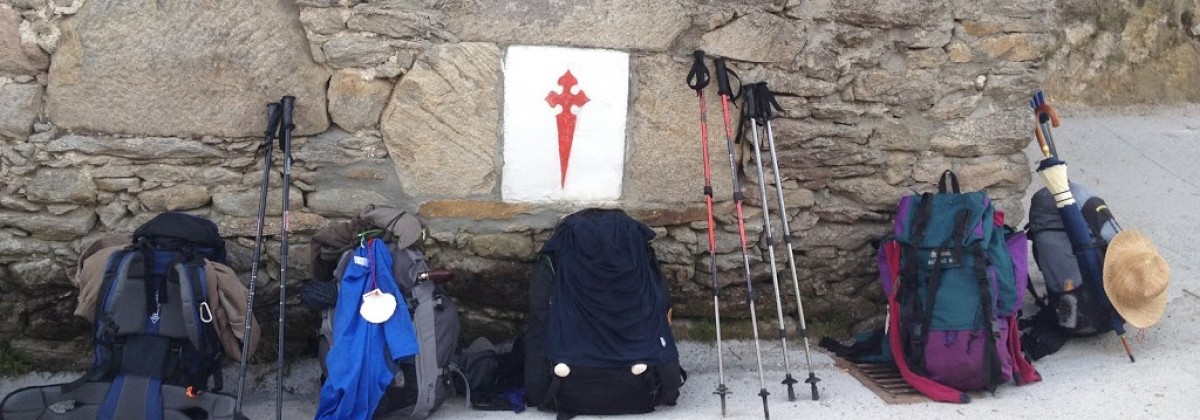in something of a San Diego mood today, I did a search for “Occupy San Diego.” enjoy and/or bear with me.
on a whim, I searched for “Occupy San Diego” to see if there were any protests organized for this week. I was somewhat skeptical of finding anything. whether because the radical polarization of the last nine months has changed my perspective on activism in Madison, because of the vicissitudes of memory, or because issues inspiring political activism didn’t engender this degree of passion while I lived there, I never felt like San Diego could generate much enthusiasm for protest. as I’ve said many times, despite popular perception of California, San Diego is the most conservative place I’ve ever lived. even though the city went blue in the 2008 election, the county is still red, and that reality came across in the limited size and scope of Democratic (much less progressive) mobilization.
even though the weather would make for great “Occupying”, I don’t know how many San Diegans feel passionately enough to challenge the establishment and do so. perhaps there’s a greater degree of ambivalence or apprehension about how the San Diego Police Department would react to protesters. seeing how some NYPD officers have reacted to Occupy Wall Street I am even more impressed with how law enforcement officers treated the #wiunion. weeks of protest; people taking up residence in the rotunda to protest the shady way in which Republican lawmakers called and held meetings; hundreds, then thousands of people marching around the capitol day after day, week after week. and no police-protester altercations like those that have come out of New York. would the actions of the San Diego PD be more like in Madison, or New York? if the protests become large enough, how might the strapped resources of the SDPD come into play?
the behavior of the law enforcement officers combines with the real dangers of a city as large and (comparatively) troubled as San Diego. New York City might share many of those problems, but geography changes things, too; in an already more-ambivalent San Diego populace, how are you going to inspire people to drive miles and miles to participate in something that, at least at this point, is largely symbolic? there have been insightful commentaries unpacking the genesis of this protest movement and I’m inclined to agree that the mobilization of the last several months will prove a turning point in our history. my generation is finally mobilizing on a broad scale to affect societal change and we’re using the tools of the 21st century to do it. it’s about time.
